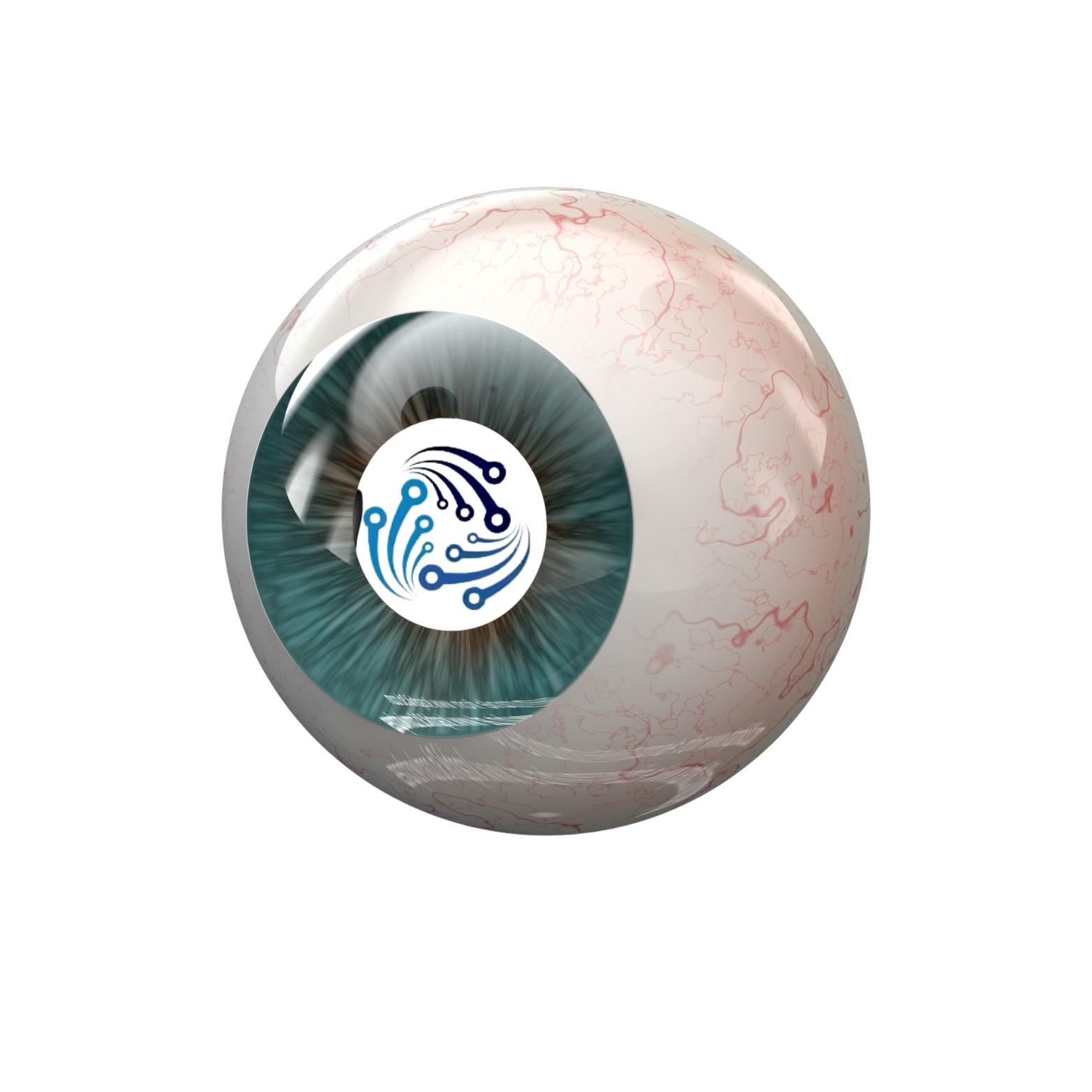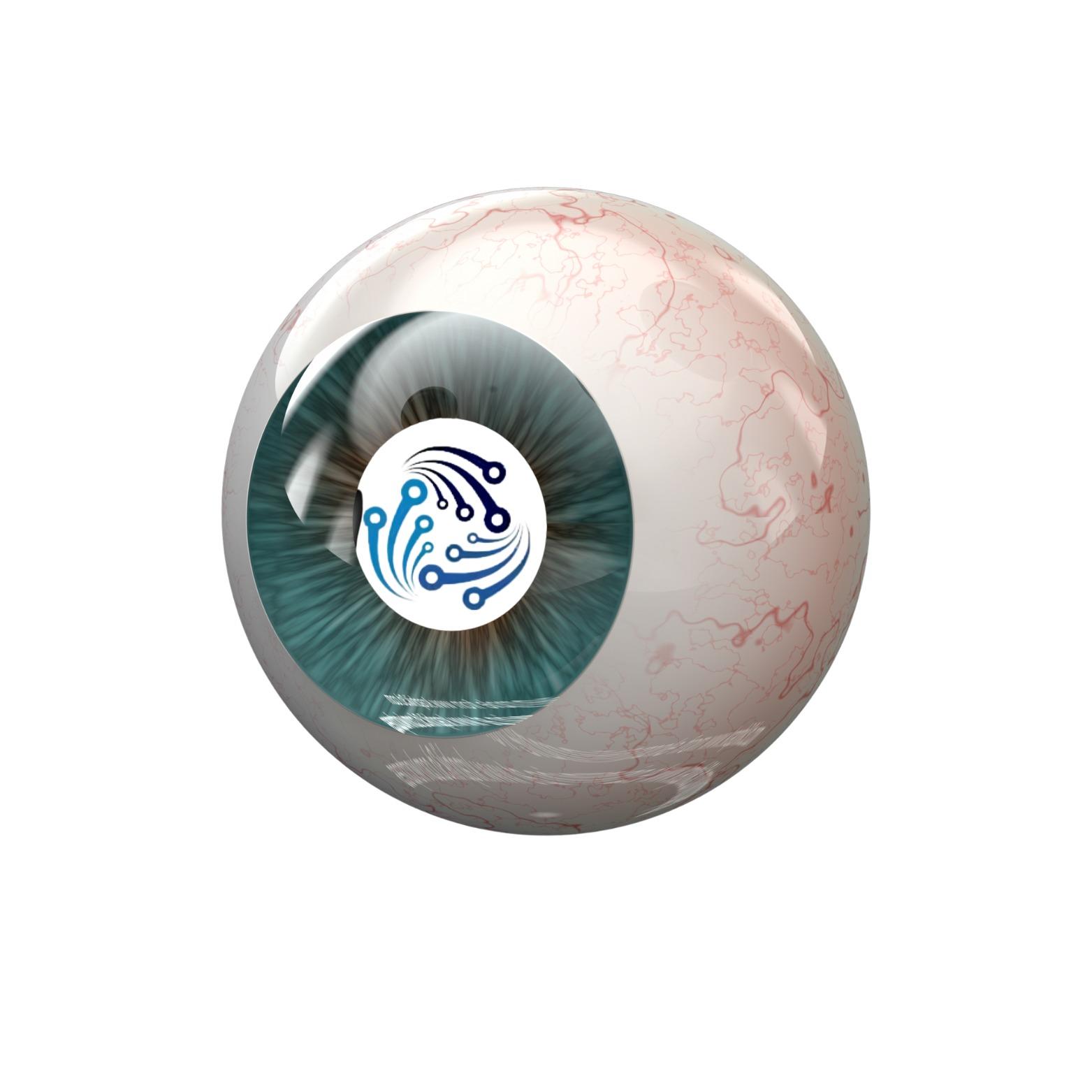Pest control is often seen as just a matter of convenience—an issue of aesthetics or comfort. However, the reality is far more serious. In cities like Portland, where the food industry thrives and public spaces are vibrant and active, pest control plays a critical role in protecting public health and food safety. Pests are not only an inconvenience; they are dangerous vectors of disease and contamination that can have devastating effects on communities, businesses, and individuals. From Bedbugs Services in Tillamook to major infestations in restaurants or warehouses, pests pose a threat to both public health and food safety and require timely, professional intervention.
Sprague Pest Solutions specializes in providing advanced, sustainable pest control services designed to safeguard health and ensure the highest standards of food safety. In this article, we’ll explore why regular pest control is critical for public health and food safety in Portland, the risks pests pose, and how Sprague’s professional services help mitigate those dangers.
The Relationship Between Pests and Food-Borne Illnesses
Pests are a direct threat to the integrity of our food supply. Rodents, insects, and other pests are known carriers of a wide range of pathogens, many of which can contaminate food and lead to serious illnesses. In Portland, where the food scene—from food trucks to high-end restaurants—is a major part of the city's culture and economy, maintaining clean, pest-free environments is non-negotiable.
Common Food-Borne Illnesses Linked to Pests
Several food-borne illnesses are closely associated with pest infestations. Some of the most common include:
- Salmonella: Carried by rodents and cockroaches, salmonella can contaminate food surfaces and supplies, leading to severe gastrointestinal illness.
- Listeria: Certain pests, such as flies, can carry listeria, a bacteria particularly dangerous for pregnant women, newborns, and those with weakened immune systems.
- E. coli: Rodents are known to spread E. coli, another bacterium that can cause severe, even fatal, food poisoning.
Outbreaks of these illnesses can shut down food businesses, tarnish reputations, and even lead to lawsuits or government penalties.
By maintaining a rigorous, proactive pest control program, food businesses—and the broader Portland community—can prevent these devastating outcomes.
How Pests Contribute to the Spread of Bacteria and Viruses
Pests are remarkably efficient at spreading bacteria and viruses across surfaces, equipment, and food products. Understanding the mechanisms behind this spread is key to appreciating the need for professional pest management.
Rodents
Rats and mice can contaminate environments in multiple ways:
- Their droppings and urine carry pathogens.
- Their fur and feet pick up bacteria from one location and deposit it elsewhere.
- Their habit of gnawing can break into food packaging, exposing products to further contamination.
One rodent in a food warehouse or kitchen can cause widespread contamination before the problem is even noticed.
Insects
Flies, cockroaches, and ants are also major vectors of disease. Flies, for example, land on garbage, feces, and decaying matter before settling on food or food preparation surfaces, transferring bacteria through their legs and mouths. Cockroaches thrive in unsanitary environments and can spread over 30 kinds of bacteria, including salmonella and E. coli.
These insects are difficult to detect until infestations are well established, which makes early, regular pest control measures even more essential.
Cross-Contamination
The biggest risk posed by pests is cross-contamination. Once pests breach a facility, they create a pathway for bacteria and viruses to spread, affecting employees, customers, and entire supply chains.
The Role of Pest Control in the Food Safety Supply Chain
Maintaining food safety isn’t just about cleaning kitchen counters or washing hands—it’s about safeguarding the entire supply chain, from farm to fork. Pest control is a critical link in this chain, ensuring that food remains safe at every stage.
Farm and Production Facilities
Pest control starts at the source. Farms, processing plants, and production facilities must maintain strict pest management protocols to ensure that raw ingredients are uncontaminated. A single pest incident at this stage can cause widespread product recalls later on.
Transportation and Storage
During transportation and storage, food products remain vulnerable. Rodents and insects can infiltrate trucks, warehouses, and storage facilities, leading to spoilage and contamination. Facilities that handle food storage must have pest control measures in place to prevent such breaches.
Retail and Food Service
In grocery stores, restaurants, and other food service establishments, pests threaten both the safety of the food and the safety of customers. A rodent sighting or insect infestation can destroy customer trust, invite regulatory action, and result in significant financial loss.
By implementing comprehensive pest control practices at every stage, the food industry in Portland can ensure a safer, healthier food supply.
Why Regular Pest Control is Critical for Public Health and Food Safety in Portland
Given the direct link between pest infestations and serious health risks, regular pest control is not optional—it is essential. Here’s why consistent, professional pest management makes such a difference:
Early Detection and Intervention
Pest problems often go unnoticed until they become severe. Regular inspections and monitoring help detect infestations early, before pests have the opportunity to spread disease or cause significant damage.
Preventative Measures
A regular pest control program focuses on preventing infestations, not just reacting to them. This involves:
- Sealing entry points
- Eliminating food and water sources
- Setting traps and monitoring systems
- Educating staff about pest prevention best practices
Compliance with Regulations
In Portland, businesses that deal with food are subject to strict health regulations. Failure to maintain a pest-free environment can result in failed inspections, fines, and even closures. Regular pest control ensures ongoing compliance and protects your business from costly penalties.
Protection of Public Trust
Public health and food safety are community responsibilities. Customers expect safe, hygienic environments, especially when it comes to food. Maintaining a pest-free space demonstrates a commitment to public wellbeing and strengthens consumer trust.
How Sprague’s Pest Control Services Prevent Public Health Threats
Sprague Pest Solutions understands why regular pest control is critical for public health and food safety in Portland, and their services are specifically designed to address these challenges head-on.
Here’s what sets Sprague apart:
Customized Pest Management Plans
No two facilities are the same. Sprague develops customized Integrated Pest Management (IPM) plans tailored to the specific needs of each client, ensuring maximum effectiveness.
Science-Based Approaches
Sprague uses the latest science and technology to identify pest risks, monitor activity, and implement environmentally responsible control methods. This reduces pesticide use and focuses on sustainable prevention strategies.
Comprehensive Services
Sprague provides:
- Regular inspections and monitoring
- Sanitation audits
- Exclusion work (sealing entry points)
- Detailed reporting for compliance documentation
- Staff training programs on pest prevention
This comprehensive approach covers every angle, ensuring that businesses are not just treating pest problems, but actively preventing them.
Focus on High-Risk Industries
Sprague specializes in industries where pest control is most critical, including:
- Food processing
- Hospitality
- Healthcare
- Education
- Retail and grocery
Their technicians are highly trained in industry-specific challenges and compliance standards, making them an ideal partner for businesses in Portland.
Conclusion: Protect Health, Safety, and Business Success
Portland’s vibrant community and thriving food industry are some of the city's greatest strengths—but they also create unique challenges when it comes to pest control. Without consistent, professional management, pests can jeopardize public health, contaminate food supplies, and damage businesses.
Why regular pest control is critical for public health and food safety in Portland comes down to one simple truth: prevention saves lives, protects livelihoods, and strengthens communities. Sprague Pest Solutions offers the experience, expertise, and customized care necessary to keep Portland’s homes, businesses, and food supply safe.
Don't leave your health and reputation to chance. Trust Sprague Pest Solutions to deliver the proactive pest management your business—and your community—deserve.


